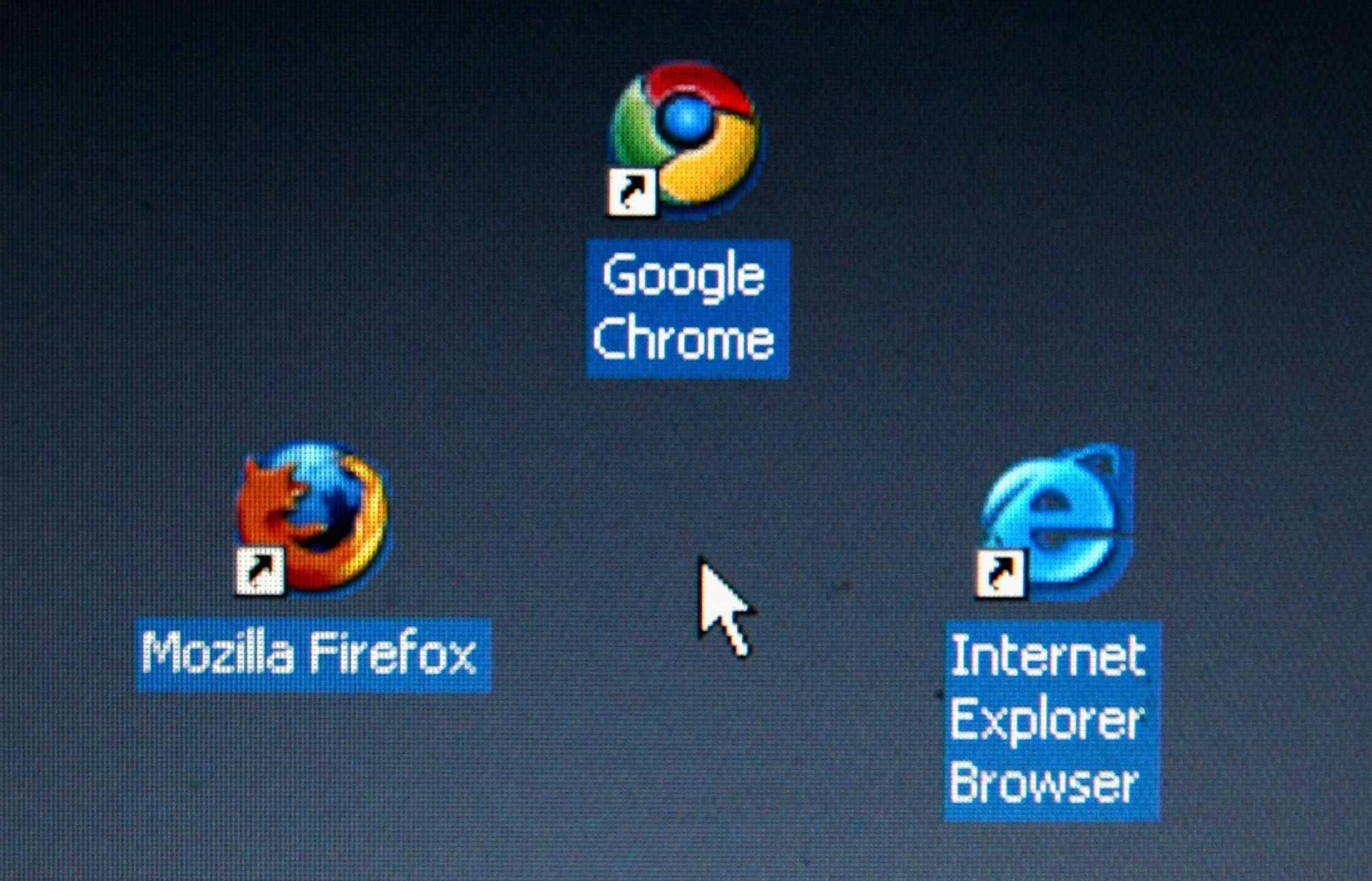Google denies tracking people through incognito mode – but doesn't say it's not possible
Google can retroactively link someone's private web browsing in Chrome to the account information from Google-owned services, like Gmail and YouTube, an academic claims

Google has denied that it tracks people using Incognito mode in the Chrome web browser, after a study suggested the search giant could use its vast web presence to do so.
Incognito mode claims to offer web users the ability to browse privately in Chrome without Google collecting their browsing history, cookies, site data or other online data.
A study by Professor Douglas Schmidt, a researcher at Vanderbilt University in Tennessee, discovered that Google could retroactively link someone's incognito mode activity to the account information from Google-owned services, like Gmail and YouTube.
Professor Schmidt explained in the study: "While such data is collected with user-anonymous identifiers, Google has the ability to connect this collected information with a user's personal credentials stored in their Google Account."
Google discredited the study, saying that it was commissioned by Digital Content Next, a trade organisation that claims on its website to be "dedicated to serving the unique and diverse needs of high-quality digital content companies that manage trusted, direct relationships with consumers and marketers."
A Google spokesperson said: "This report is commissioned by a professional DC lobbyist group, and written by a witness for Oracle in their ongoing copyright litigation with Google... So, it's no surprise that it contains wildly misleading information."
According to Professor Schmidt, the extent and magnitude of Google's passive data collection has "largely been overlooked" by previous studies.
"Google utilises the tremendous reach of its products to collect detailed information about people's online and real-world behaviours, which it then uses to target them with paid advertising," Professor Schmidt wrote in the study.
The debate over Google's data-collection practices comes as the technology firm faces a lawsuit regarding its alleged location tracking through Google Maps.
The lawsuit follows a report that Google falsely assures people that disabling the 'location history' feature on their phones will prevent them from being tracked.
Join our commenting forum
Join thought-provoking conversations, follow other Independent readers and see their replies
Comments
Bookmark popover
Removed from bookmarks